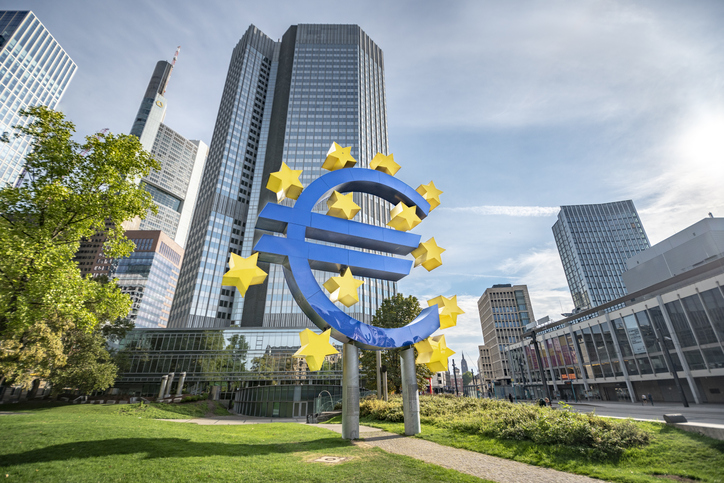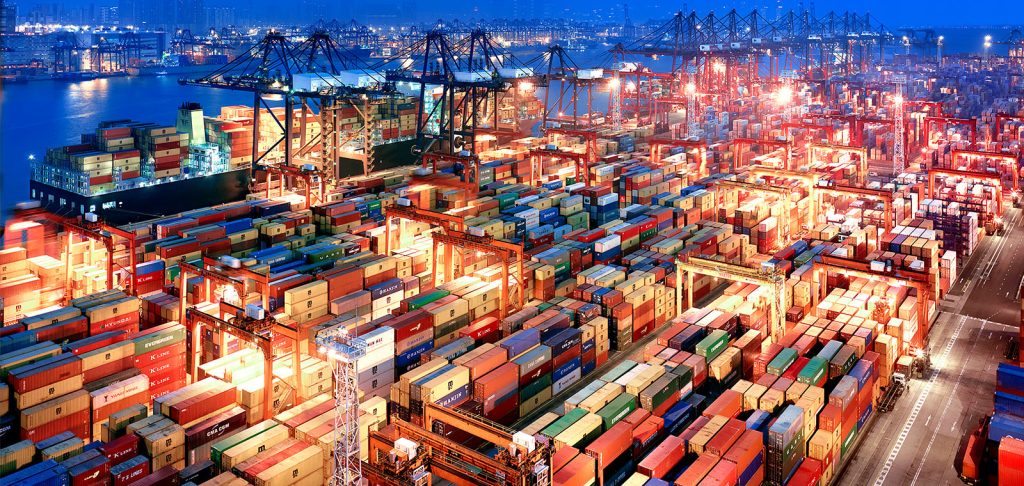Once again, the European Central Bank (ECB) has increased interest rates in the eurozone, reaching a record high last observed in late 2000.
The bank raised the deposit rate in the 20-nation bloc for the ninth consecutive time, reaching 3.75%, up from the previous rate of 3.5%.
The ECB stated that while inflation was showing signs of easing, it was still anticipated to persist at a level considered “too high for too long.”
On Wednesday, the US central bank raised rates to their highest level in 22 years as part of its efforts to curb inflation.
In the UK, inflation declined to 7.9% in June, while the Bank of England’s base rate is currently set at 5%. On August 3, at its next decision, the Bank is widely anticipated to increase rates to 5.25%.
The purpose behind raising rates is to increase the cost of borrowing, thereby reducing demand and making it more challenging to pass on price increases.
Similar to other regions, the eurozone has experienced the impact of increasing food and energy prices, putting a strain on households.
In the eurozone, inflation stands at 5.5%. Although food price inflation has shown some deceleration, it remained at 11.6% in June.
The ECB expressed its strong determination to bring inflation back to its 2% medium-term target in a “timely manner.”
Recently revised figures revealed that the eurozone slipped into recession last winter due to the impact of rising prices on consumers.
The eurozone economy experienced a contraction of 0.1% between January and March, following a similar decline in the final three months of 2022.
On Thursday, the ECB stated that recent developments since its last meeting reinforced the expectation that inflation would continue to decrease throughout the remainder of the year. However, it is anticipated to remain above the target level for an extended period.
The ECB further mentioned that the previous rate increases were exhibiting signs of effectiveness, as they were progressively curbing demand, which played a crucial role in bringing inflation back to the target level.
Nonetheless, the ECB emphasized, “Although certain measures indicate some signs of easing, the overall underlying inflation remains elevated.”
The combination of high inflation and elevated rates was having a dampening effect on spending, resulting in a deterioration of the near-term economic outlook for the euro area. This decline was primarily attributed to weaker domestic demand.
The bank highlighted that this impact was particularly evident in manufacturing output, which was additionally constrained by subdued demand from foreign markets.
Nonetheless, the bank expressed optimism, stating, “With time, declining inflation, increasing incomes, and improved supply conditions are expected to bolster the recovery.”
Source : bbc.com







